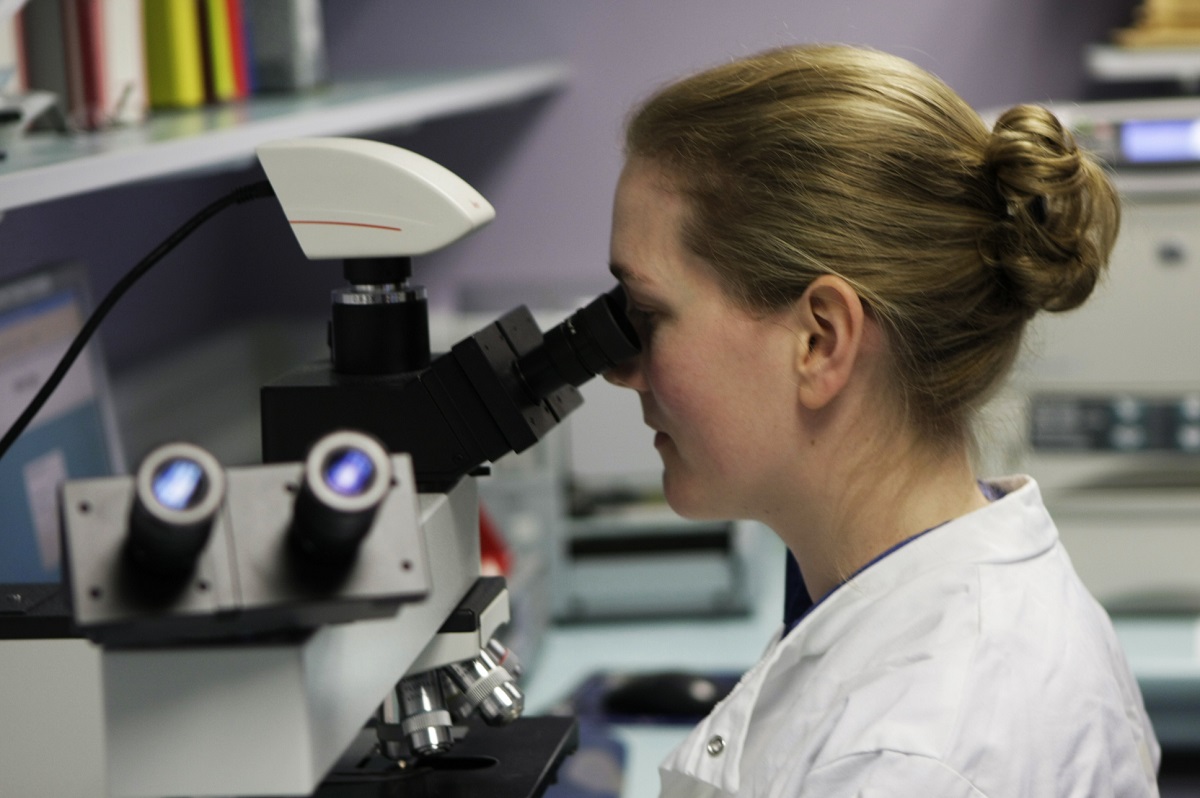Your scope of practice is the limit of your knowledge, skills and experience and when you become a health and care professional, you must ensure that you work within your scope of practice.
Your scope of practice is likely to change over time as your knowledge, skills and experience develop. So how can you determine what your scope of practice is?
The standards of proficiency for your profession will help, as these set clear expectations of registrants’ knowledge and abilities when they start practising.
When deciding whether a particular activity falls within your scope of practice, or when moving into a new scope of practice, you will need to consider whether the training and support you’ve received adequately equips you to perform the activity safely and effectively.

You will also need to consider whether the activity falls within the general scope of practice of your profession.
Your scope of practice may also depend on the limits of your job role, legal restrictions (such as prescribing or protected functions) and whether you would be covered to undertake the activity by your professional indemnity insurance.
You may find it helpful to speak to your professional body who may be able to offer further advice in this area.
When thinking about your scope of practice, as yourself the following:
-
Do I have the skills and knowledge to carry out the activity safely and effectively?
-
Can I complete training or receive other support (such as supervision) that will give me the skills and knowledge needed to carry out the activity safely and effectively?
-
Is the activity restricted by law (e.g. prescribing) and, if so, can I legally do it?
-
Does my professional indemnity insurance cover the activity?
- Published:
- 04/11/2020
- Resources
- Learning material
- Audience
- Students
